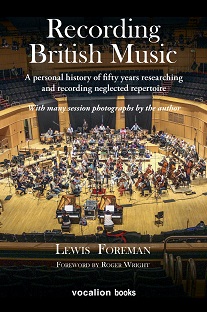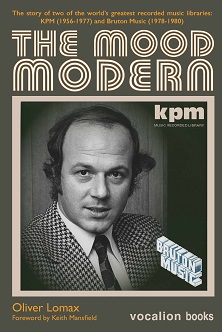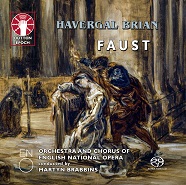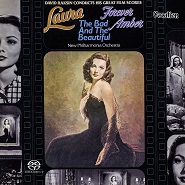Client Login

Login Details
New Account
(We will never divulge your email to a 3rd party)
 Login Status
Login Status Not logged in
Products
- New releases - Classical
- Big New Year Sale
- New releases - Popular
- Epoch - Modern classic
- Epoch - International
- Epoch - Historic SACD
- Epoch - Box Sets
- Dutton DIGITAL
- Historic Classics
- Opera, Oratorio & Song
- John Wilson
- SACD & Surround Sound
- Vocalion DIGITAL
- Easy, Light & Latin
- Mid-Century Jazz & Easy
- Jazz, Blues & Soul
- Dance Bands
- Big Bands
- Personalities & Vocals
- Film, Show & Library
- Rock 'n' Roll
- Folk & Poetry
- Books and DVDs
- VINYL LPs
- Low Stock/Deletions
- Downloads/Streaming - iTunes/Spotify
- Synthesizer/Electronic Music
- Double wrap
Your Cart
Jazz Fusion/Soul/Prog
Airto
Fingers & Airto & Deodato In Concert
SACD Hybrid Multi-channel
Return to Forever
Musicmagic
SACD Hybrid Multi-channel
Dr Teleny's Incredible Plugged-in Orchestra/Ettore Stratta & the Baroque Pops
Stolen Goods & Viva Vivaldi
Rick Derringer
All American Boy & Spring Fever
SACD Hybrid Multi-channel
Our products
Contact Us
Dutton Vocalion
PO Box 609
WATFORD
WD18 7YA
United Kingdom
email
info@duttonvocalion.co.uk
Tel: +44 (0)1923 803 001
PO Box 609
WATFORD
WD18 7YA
United Kingdom
info@duttonvocalion.co.uk
Tel: +44 (0)1923 803 001
Secure Site
Newsletter
Capturing The Masterpieces Schumann & Piatti Recording Jo Knight & Martin Yates and Royal Northern Sinfonia
Blog Archive
Blog Tags
Arnold Bax
Arthur Sullivan
BBC Concert Orchestra
BBC Singers
Benjamin Dale
Charlie Ventura
Cyril Scott
Dan Kuramoto
Doc Severinsen
Don Goldie
Dutton Epoch
Fflur Wyn
Halle
Harry Waldo Warner
Havergal Brian
Henry Mancini
Hiroshima
Horst Fischer
John Andrews
John Gardner
John Veale
June Kuramoto
Keith Mansfield
KPM
Martin Yates
Martyn Brabbins
Mary Bevan
Morrissey Mullen
Nick Ingram
Paul Mauriat
Pee Wee Erwin
Perry Como
Quadraphonic
Ralph Vaughan Williams
Rebecca Clarke
Richard Walthew
Royal Scottish National Orchestra
RSNO
SACD
Sarah-Jane Bradley
Sergey Levitin
Simon Callow
Stephen Bell
Werner Müller
Will Glahé










